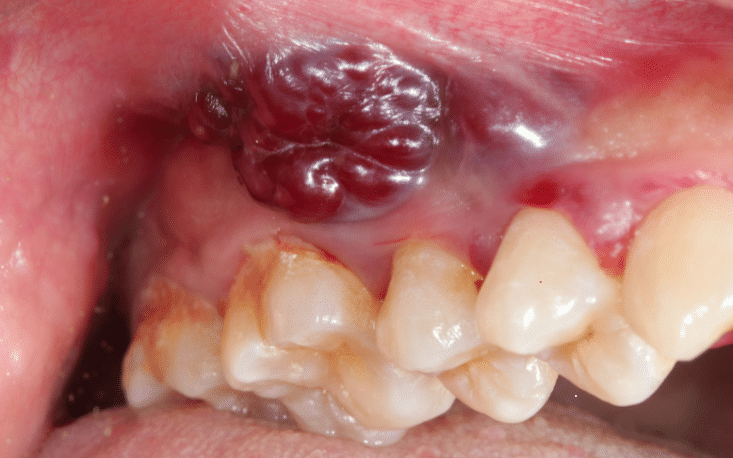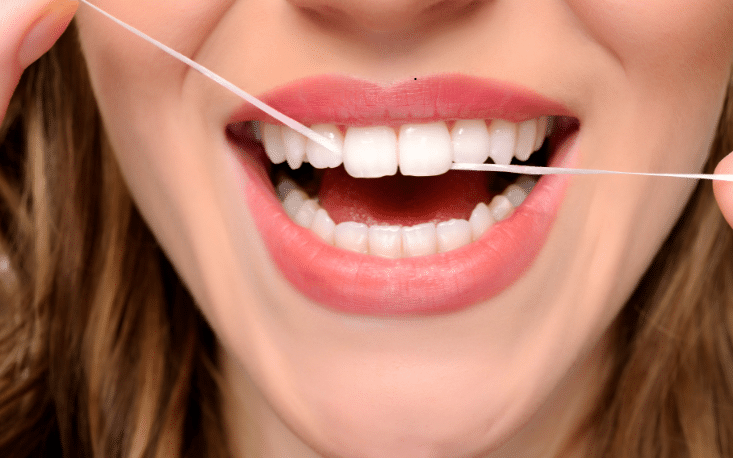ONLINE SCHEDULING AND VIRTUAL CONSULTS AVAILABLE

When Will Dental Sealants Feel Normal Again? Here’s What to Expect

Dental sealants are a vital preventive measure in modern dentistry, designed to shield teeth from decay-causing bacteria and acids. If you’ve recently had sealants applied, you might be wondering when your teeth will feel normal again. Understanding this process can help alleviate any concerns and ensure you know what to expect post-treatment.
These thin, protective coatings are typically applied to the chewing surfaces of molars and premolars, where decay often starts. By filling in the deep grooves and pits of teeth, sealants create a smooth surface that makes it easier to clean and less susceptible to cavities. However, immediately after application, it’s common to experience different sensations or changes in how your teeth feel.
Let’s explore what happens during this adjustment period and when you can expect your dental sealants to feel completely normal again.
Understanding Dental Sealants
Dental sealants are thin, protective coatings applied to the chewing surfaces of molars and premolars to prevent tooth decay, particularly in vulnerable areas where bacteria and food particles commonly accumulate.
Purpose:
- Dental sealants are resin-based materials that act as a barrier, sealing off the pits and fissures of teeth.
- Their primary purpose is to prevent cavities by preventing plaque and bacteria from settling into the grooves.
Application Process:
- The procedure begins with cleaning and preparing the tooth surface to ensure the sealant bonds effectively.
- A liquid sealant material is then applied to the tooth and hardened with a special light, forming a protective shield.
Benefits for Dental Health:
- Sealants provide a smooth surface that makes it easier to clean teeth through brushing and flossing.
- They reduce the risk of decay by up to 80% in treated teeth, which is particularly effective for children and adolescents prone to cavities.
- Sealants are non-invasive and painless, offering a cost-effective preventive measure compared to treating cavities later.
Immediate Sensations After Sealant Application
After getting dental sealants, it’s common to experience various sensations or changes in your mouth. Understanding these immediate effects can help you prepare and know what to expect post-treatment.
- Sensitivity: You may feel heightened sensitivity in the treated teeth to hot or cold temperatures immediately after sealant application.
- Texture Change: The surface of the sealed teeth might feel slightly different, smoother or more even than before.
- Taste Sensation: Some individuals report a temporary change in taste, which typically resolves quickly.
- Pressure Sensation: There might be a mild sense of pressure or tightness in the sealed teeth due to the new layer of material.
- Bite Adjustment: You might notice a slight adjustment in how your teeth come together when biting down, which can feel unusual initially.
These sensations are usually mild and temporary, resolving within a few hours to days as the sealants fully bond and adapt to your teeth. If you experience persistent discomfort or unusual sensations that worsen over time, it’s advisable to consult a general dentist Plantation, for further evaluation.
Tips for Managing Sensations
After getting dental sealants, it’s normal to experience minor discomfort or unusual sensations in your mouth. Here are some practical tips to help manage these feelings and ensure a smooth adjustment period:
Practice Gentle Oral Hygiene:
- Use a soft-bristled toothbrush to brush your teeth gently.
- Avoid vigorous brushing around the sealed areas to prevent irritation.
Avoid Sticky or Hard Foods:
- Choose soft foods that are easy to chew to minimize pressure on the sealed teeth.
- Avoid sticky candies or hard nuts that could dislodge or damage the sealants.
Use Fluoride Mouthwash:
Rinse with a fluoride mouthwash, which is recommended by your dentist to strengthen tooth enamel and reduce sensitivity.
Monitor Sensitivity:
Keep track of any sensitivity to hot, cold, or pressure and report persistent discomfort to your dentist.
Stay Hydrated:
Drink plenty of water to keep your mouth hydrated and maintain oral health.
When to Seek Professional Advice?
It’s essential to monitor your oral health after getting dental sealants and recognize when it’s appropriate to seek professional advice from your dentist. Here are scenarios indicating when you should schedule a consultation:
- Persistent Sensitivity: If sensitivity to hot, cold, or pressure continues beyond a few days after sealant application.
- Increased Discomfort: If discomfort or pain in the sealed teeth worsens rather than improves over time.
- Visible Changes: If you notice changes in the appearance or texture of the sealants, such as cracks, chips, or rough spots.
- Difficulty Chewing: If chewing becomes uncomfortable or if you notice changes in your bite alignment.
- Unusual Sensations: If you experience unusual sensations that don’t subside, such as numbness, tingling, or a persistent metallic taste.
Importance of Consulting a General Dentist
It’s crucial to consult your dentist promptly if you have concerns about the placement or effectiveness of your dental sealants. Early intervention can address potential issues and ensure that your sealants continue to provide effective protection against tooth decay. Your dentist can evaluate the sealants, provide necessary adjustments, and offer guidance on managing any discomfort or unusual sensations for optimal oral health.
Understanding the sensations and adjustments after dental sealant application is key to ensuring a comfortable experience. By following these tips and knowing when to seek professional advice, you can manage any initial discomfort effectively and maximize the benefits of your sealants for long-term oral health.





